
An immersive museum experience of working-class lives
MSL’s digital arts and heritage project, Tressell’s Children, was a ground-breaking project inspired by working-class experiences in Hastings.
Over the summer of 2023, the people of Hastings turned detective and delved into the towns’ archives to unearth details of everyday lives.
Workshop participants explored the largely unknown lives of working-class people alongside professional artists and historians. They found new ways of telling these stories and gave old voices new life in the form of writing, graphic and digital art.
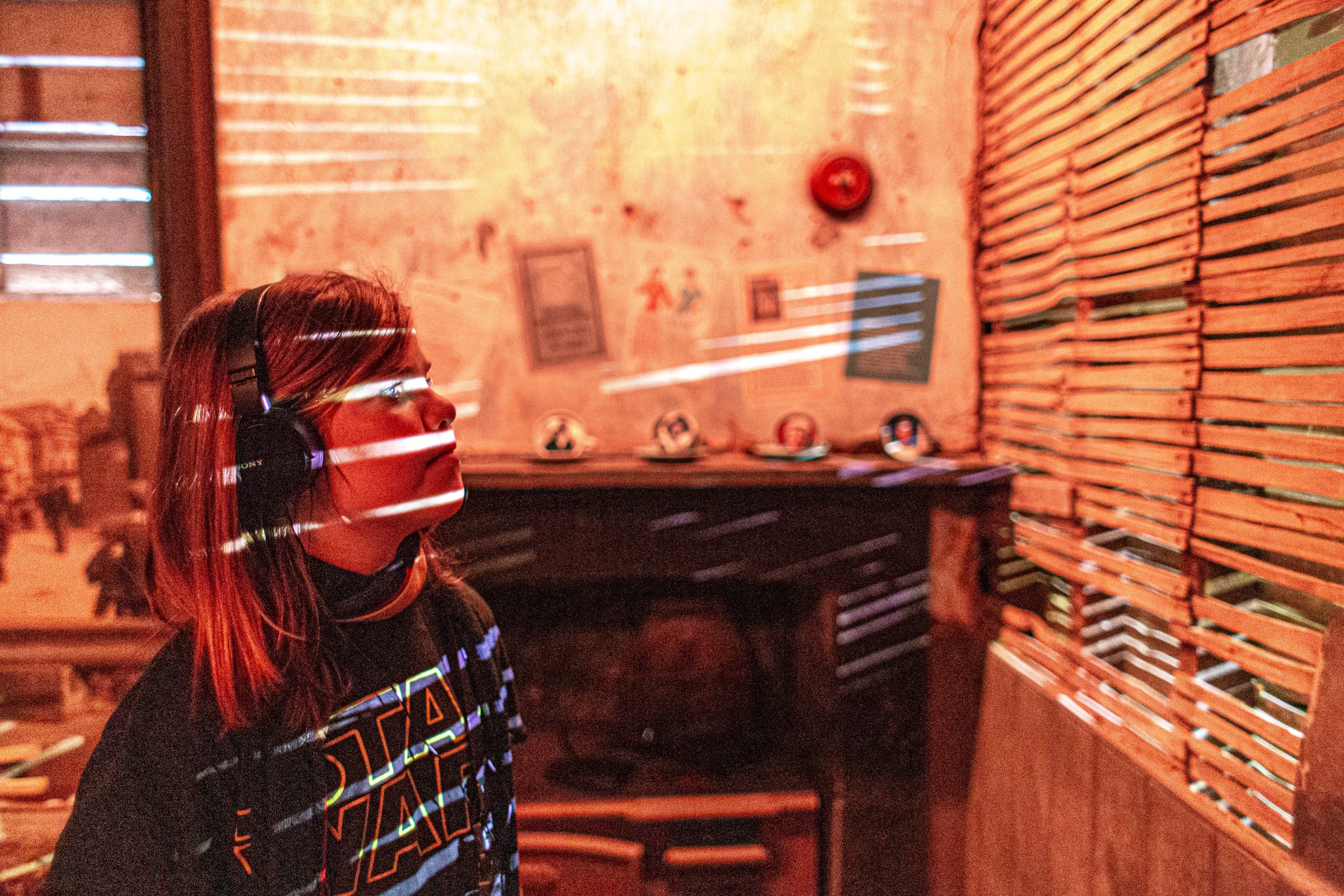
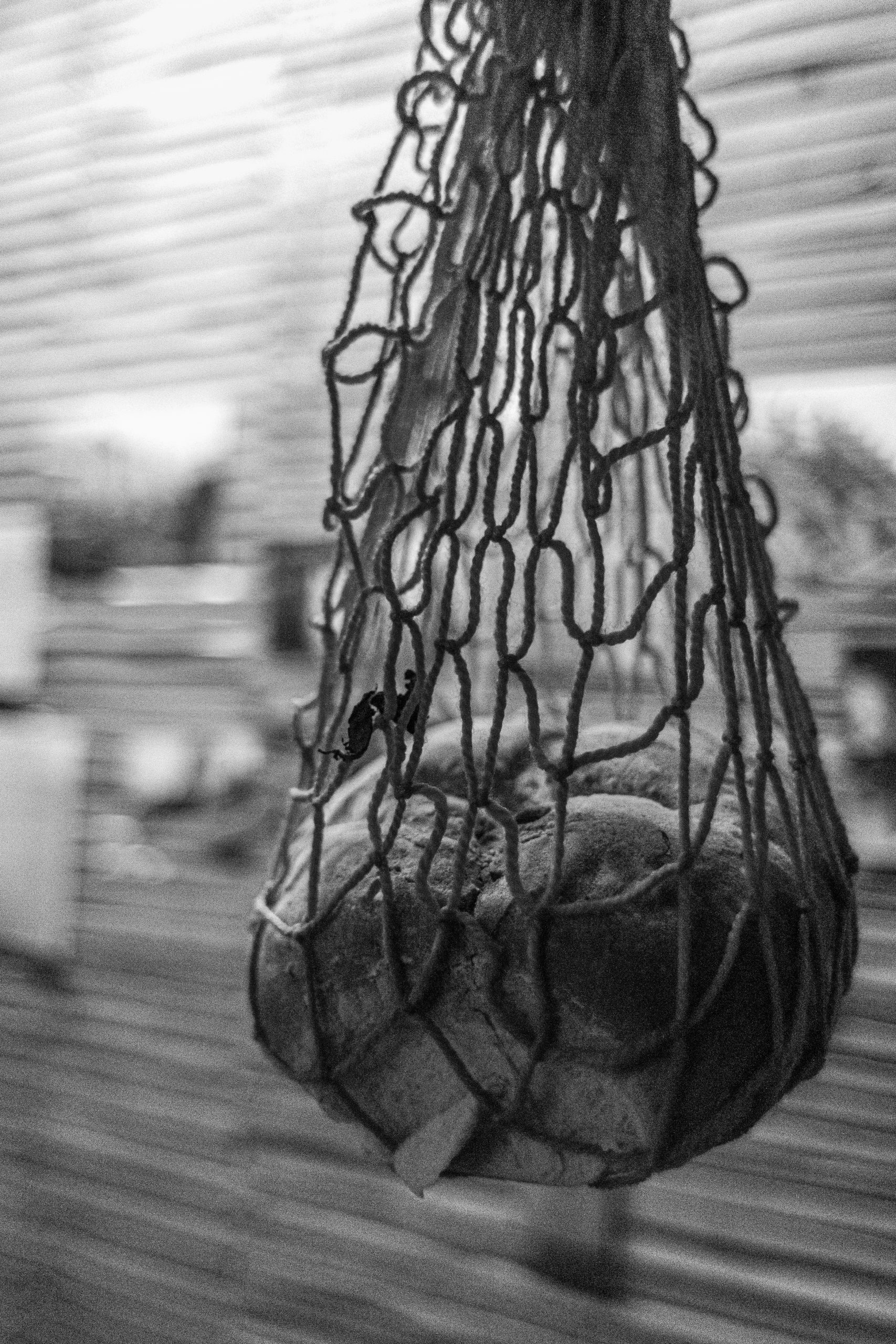
Rooted in an oral history project that was conducted in Hastings in the 1980s, drawing links between the stories of life in the interwar period and the earlier work of Robert Tressell (author of The Ragged Trousered Philanthropists, which was written in Hastings in the early 1900s), the findings formed the basis for creative work that created an immersive digital museum experience.
Participants became history detectives, and made links between present and past. The result shifted the narrative about what constitutes heritage, revealing that it is the real-life stories of ordinary men, women, and children that make up what we call history.
Creation of new works encouraged us and our audiences to realise that the substance of our lives today forms the heritage of tomorrow.
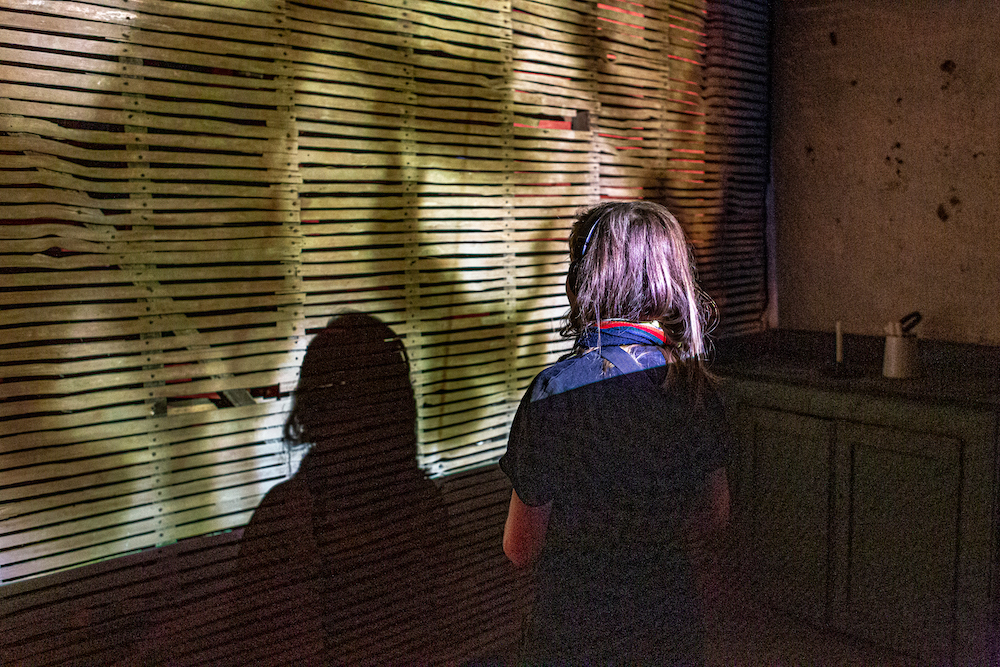
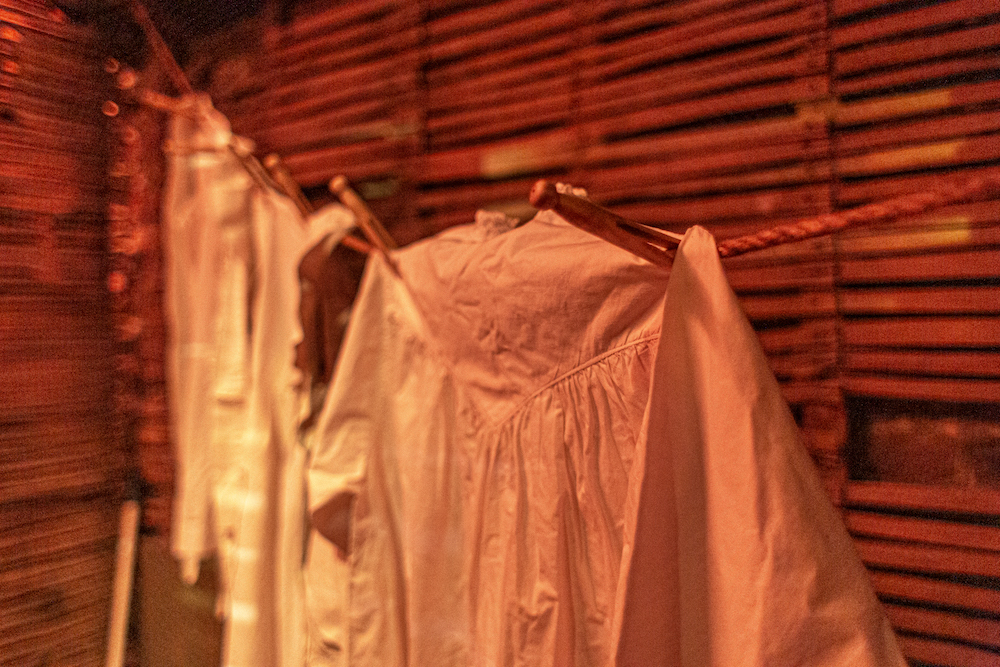
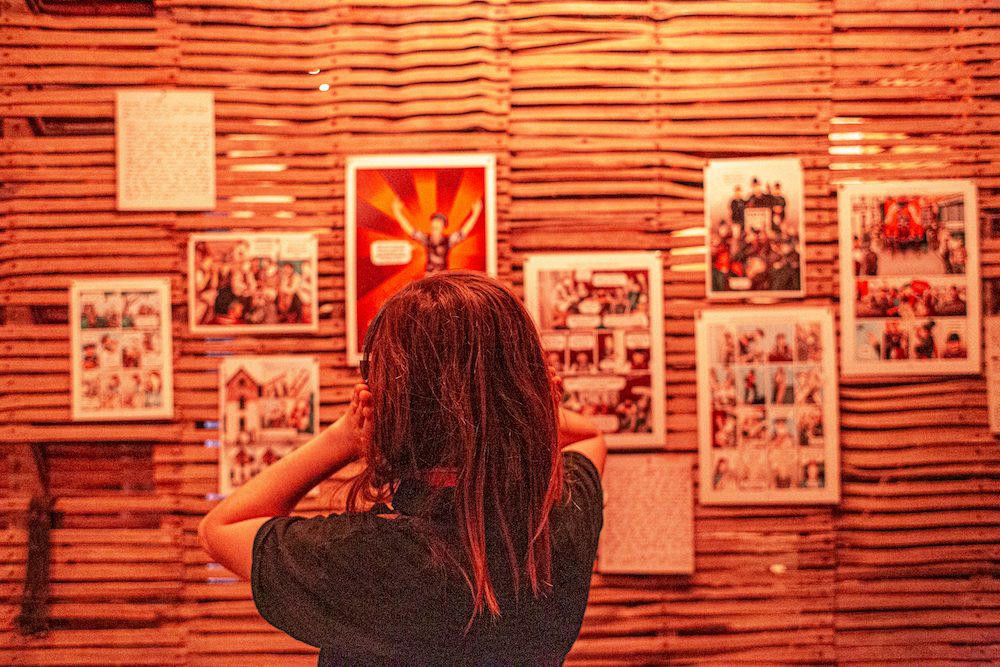
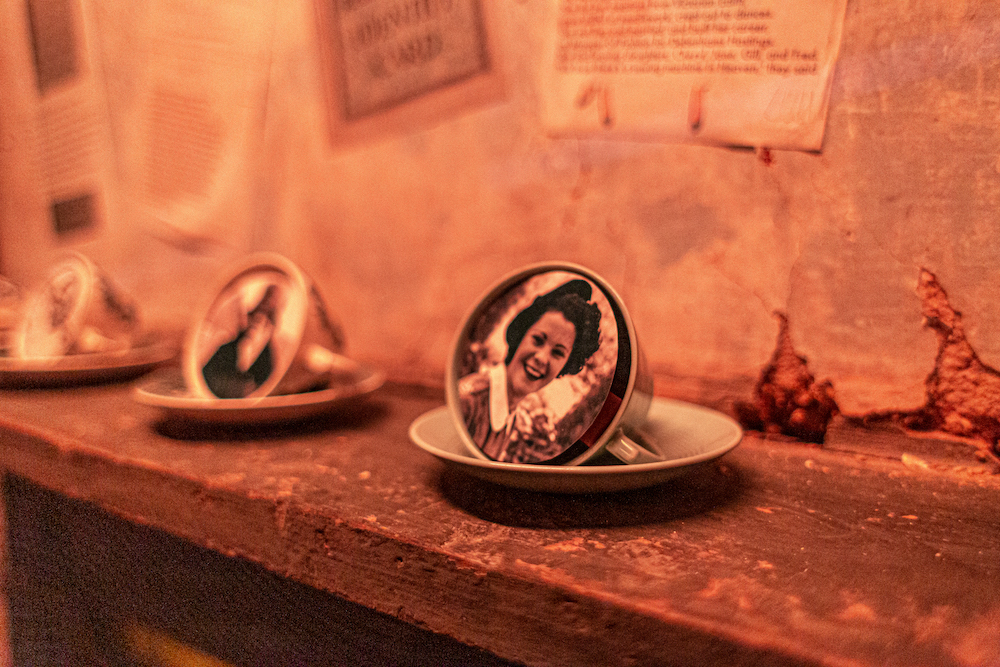
A town investigates
In Hastings we worked with those who may be familiar with the name of Robert Tressell from the blue plaques on local buildings, but did not know the importance of his work nationally, or his contribution to the understanding of the lives of working people.
The second half of the 20th century saw a burst of interest in collecting community oral history. Participants will explore transcripts of a 1980s oral history project, now boxed and locked away, to investigate the working lives of local people between the wars whilst also making links to Robert Tressell’s book.
Using his work as a basis for exploration, and then investigating the stories told by the “children” of the next generation which have lain dormant in the local archives for many years, we shone a light on the overlooked stories that form an important part of our local and national heritage.
The initial workshops were led by our research lead, Sarah French. Sarah is a PhD researcher and freelance arts and cultural heritage professional, specialising in photography, museums and collections.
Michelle Porter led a creative writing workshop, inspired by objects and photographs in Hastings Museum and Art Gallery that related to working class experiences in Hastings and St Leonards. Listen to the resulting pieces by Brian Docherty, Cath Cooper, Susie Frank and Susie Warren here.
Researcher and historian Catherine Hirst then led a series of three workshops; one online, one at Hastings Library and one at Hastings Museum with volunteer researchers. Catherine is a museum and arts professional with thirty years of experience of collections, engagement, and arts management. Local history exhibitions have included Mugsborough (Tressell’s Hastings), a First World War centenary programme, and the redisplay of local history collections at Hastings Museum & Art Gallery.
Our researchers looked at transcripts of the recordings and then found out more about the people who made them. They trawled the town’s archives, online ancestry resources and discovered how to effectively research local history. They were able to find living relatives in Hastings who were related to the people who took part in the oral history recordings in the 1980s.
The research was shown at the Tressell’s Children exhibition at St Andrews Mews in September and due to public demand, it was shown again in December 2023. Adam Glen created a digital version of the exhibition (above).
Adam employed a blend of photogrammetry and 3D modelling to create the digital exhibition. Photogrammetry involves capturing multiple photos of an object or space from different angles and using these images to create a detailed 3D model.
Following this, he reconstructed the location from multiple scans of utilised objects, rebuilding the walls and roof. Subsequently, he incorporated lights to replicate the exhibition’s ambience faithfully. This meticulous process yielded a high-definition recreation of the location.
MSL also produced a VR recreation of the show designed by Cliff Crawford and viewable on the MSL YouTube Channel
Our educational programme
Local schoolchildren from Hastings Academy were invited to a pilot workshop at the exhibition in November 2023.
Based on the extremely successful pilot programme MSL is offering workshop programmes for schools (pupils and teachers), adult historians and artists in 2024:
• a half-day history programme for schools for years 6-9 for Summer and Autumn terms 2024 – available in-school or on site
• a two-hour CPD workshop for history, drama or art teachers interested in the application of archival materials
• a two-hour workshop for college or adult learners on how to utilise archival materials
• a photogrammetry workshop for educators
Please email sophie@mslprojects.co.uk for more details.
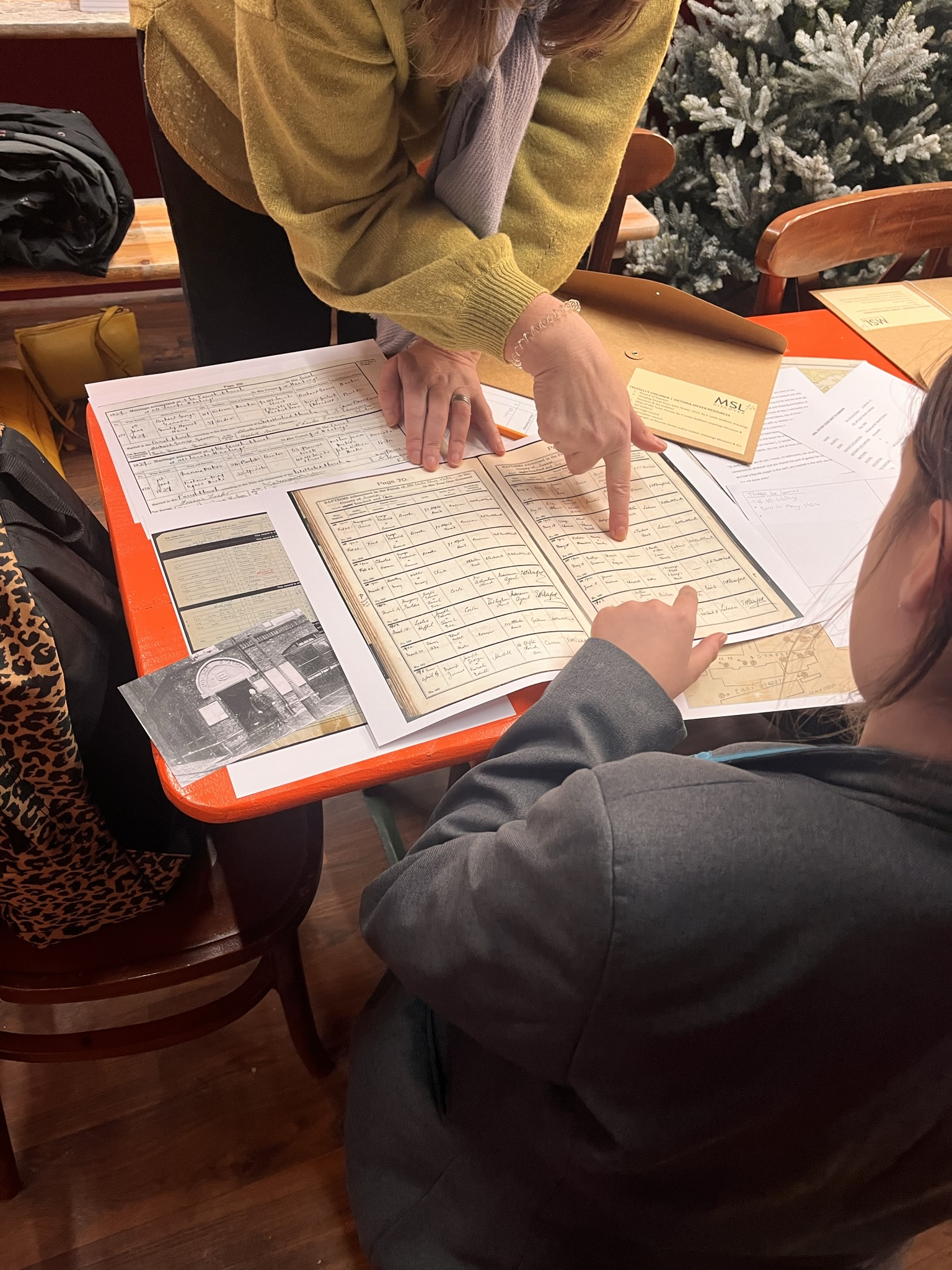
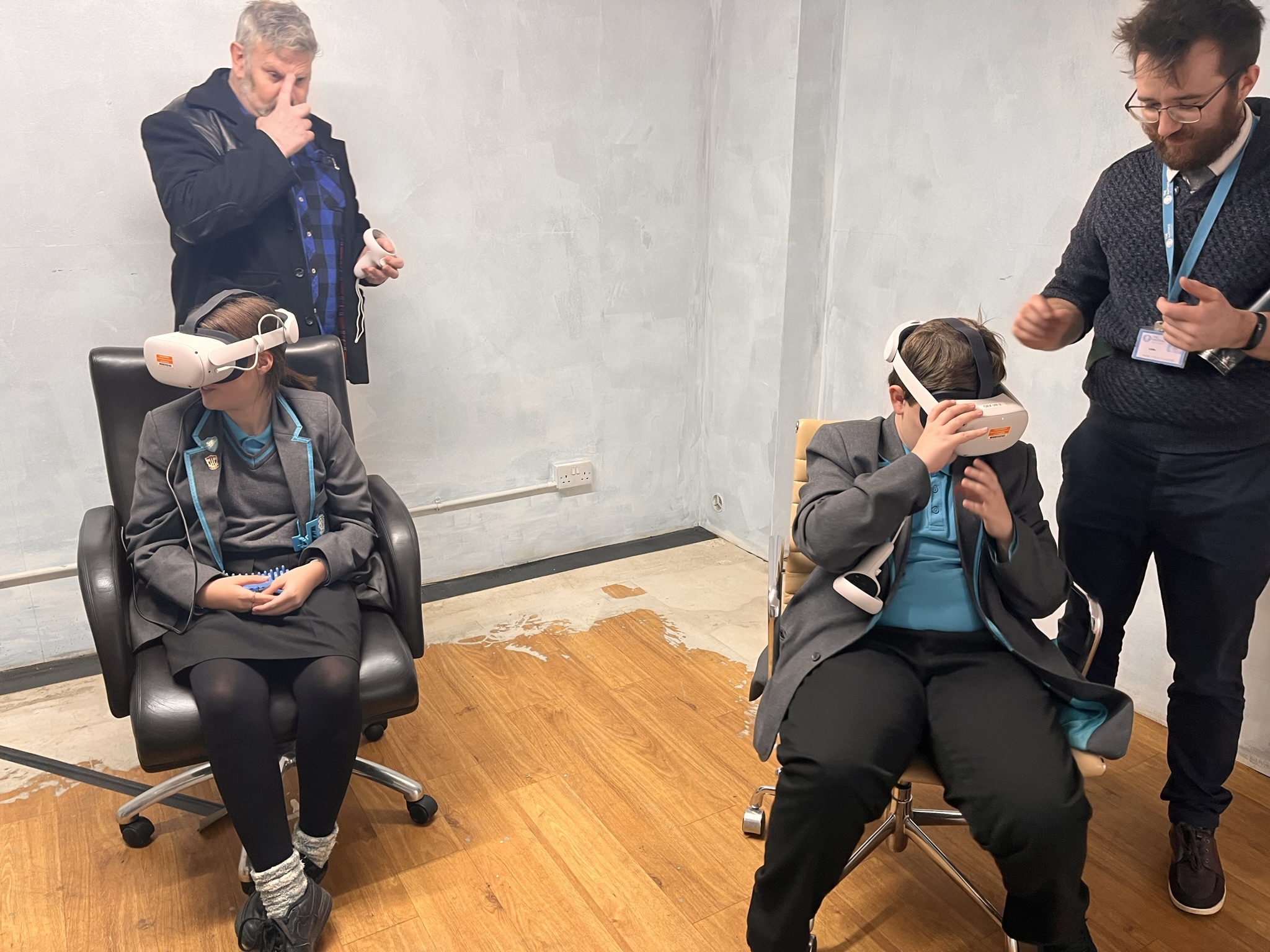
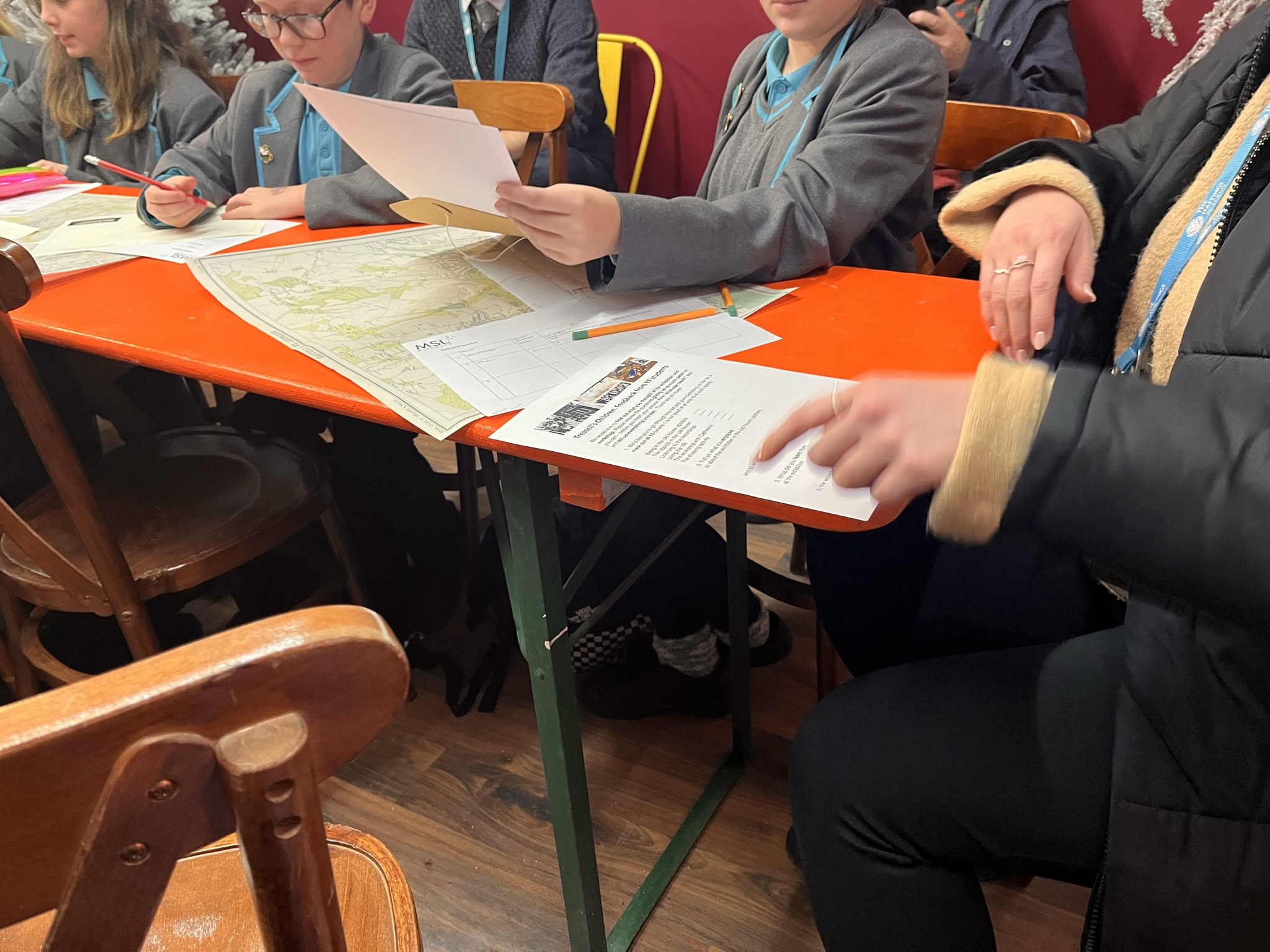
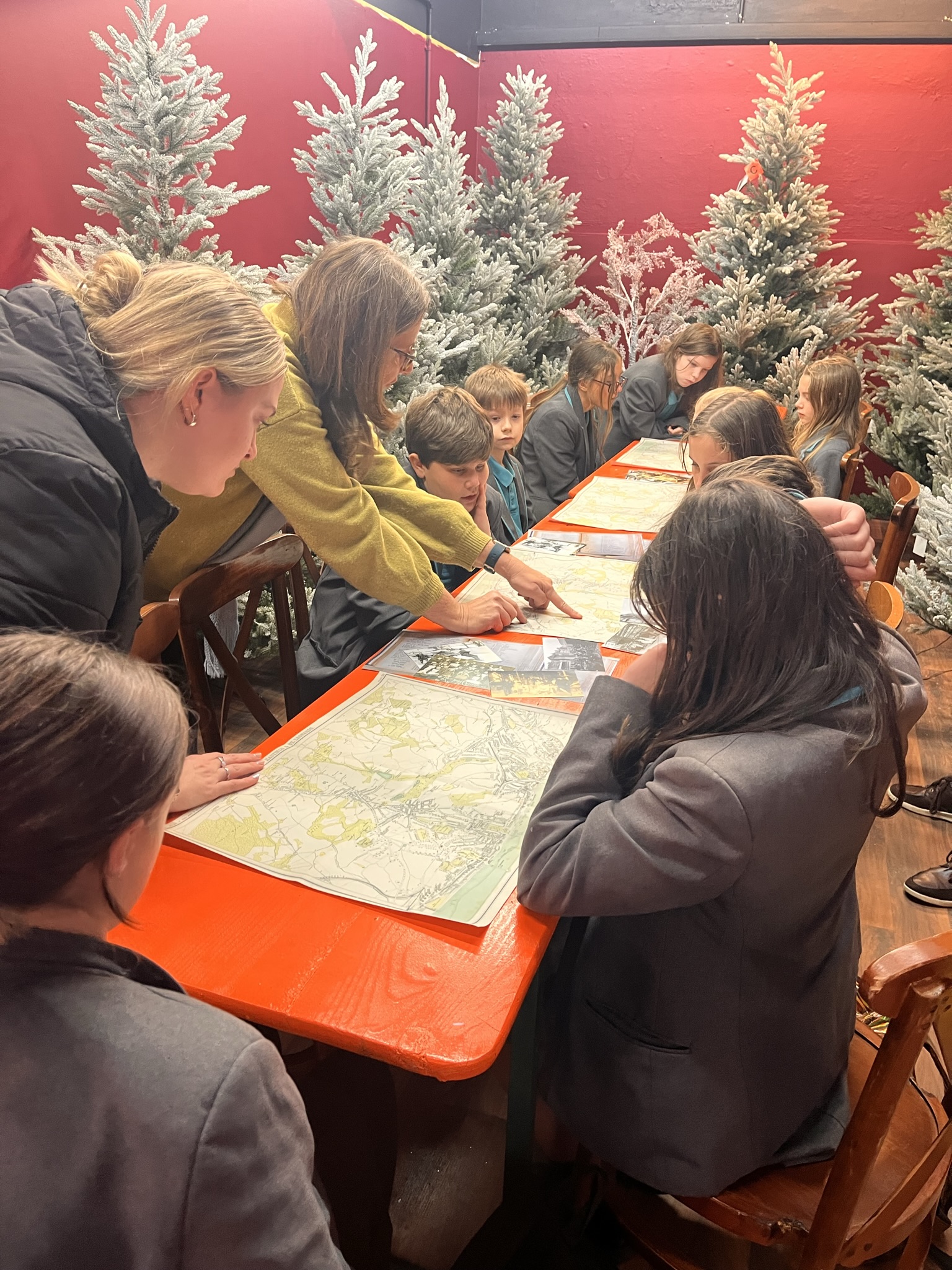
A sister project in Medway started with the stories from recent immigrants and linked these to the waves of previous immigrants and the achievements all have made to the UK.
This project was funded by The National Lottery Heritage Fund.
Thanks to money raised by #NationalLottery players.
Additional support from Localgiving’s Magic Little Grants Fund (supported by players of the People’s Postcode Lottery).
We received a Magic Little Grant through the partnership between Localgiving and Postcode Society Trust. Postcode Society Trust is a grant-giving charity funded by players of the People’s Postcode Lottery. Localgiving is the UK’s leading membership and support network for local charities and community groups. Our project received £500 towards the facilitation of four creative workshops that were part of the History Detectives project.
For more info on these grants please visit:
localgiving.org/magic-little-grants



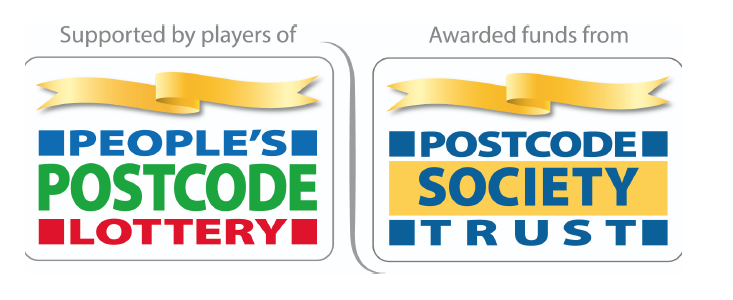
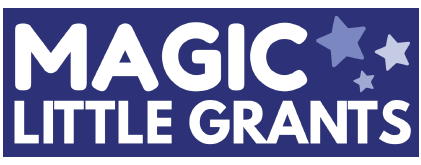
Work with us.
We create our projects with real people and places in mind. We like to work with our clients, our partners, our participants to develop original and distinctive work.
Give us a call to get started.
